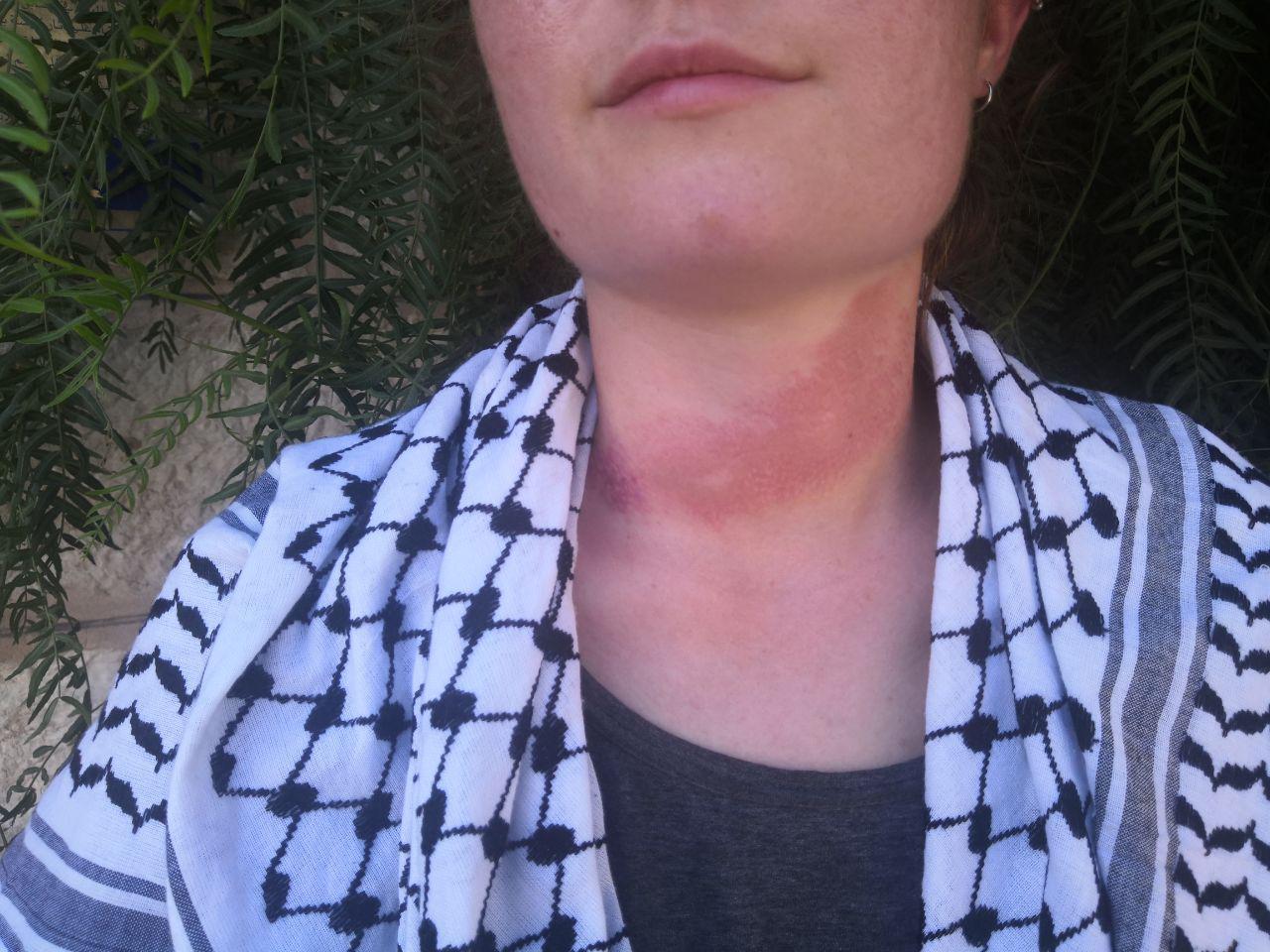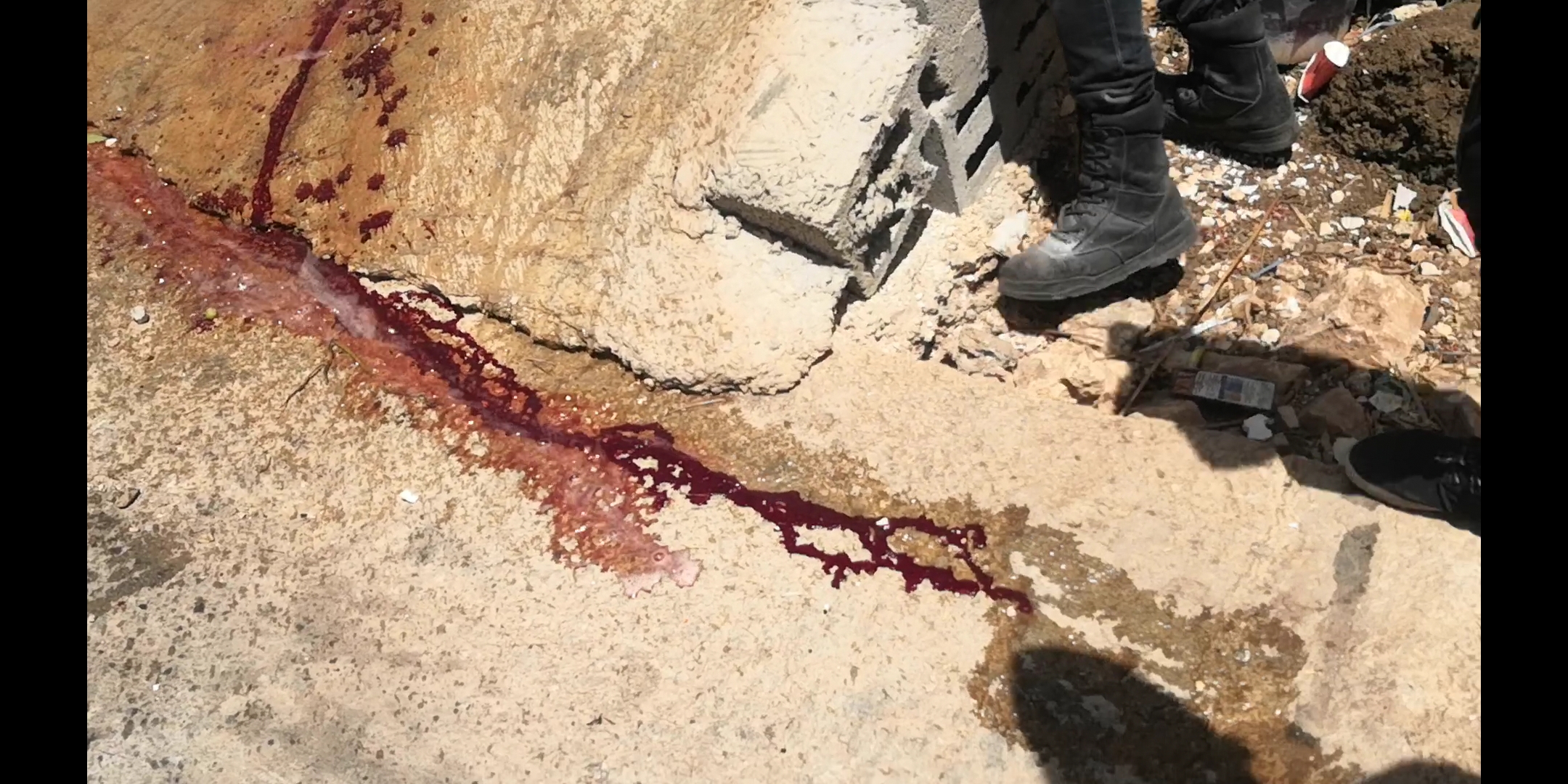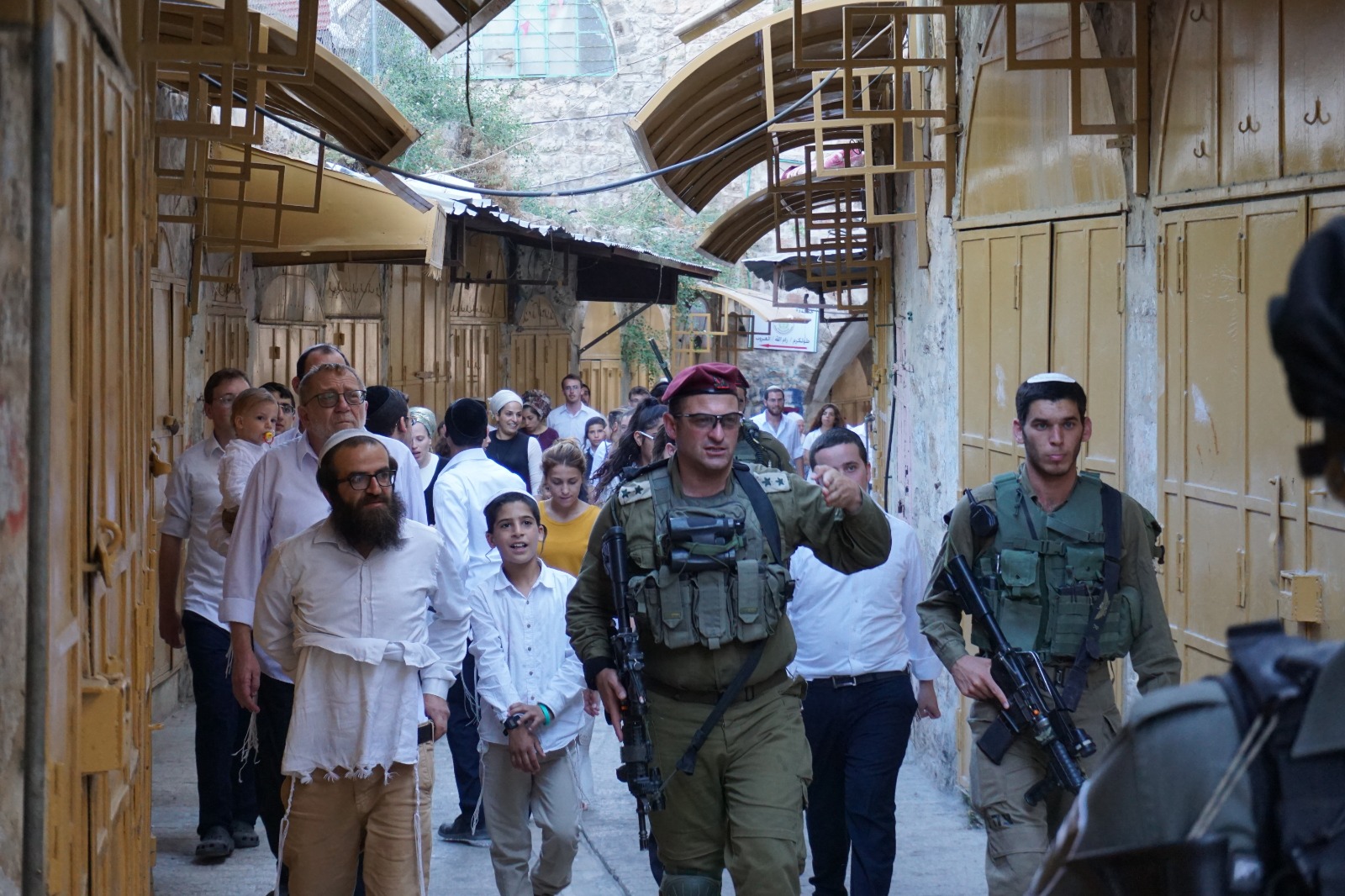Tag: Israeli Army
-
Palestinians and British ISMers hospitalized in sadistic and brutal display of violence by Israeli soldiers in East Jerusalem demolition
July 23 2019 | International Solidarity Movement | Sur Baher, East Jerusalem occupied Palestine Two Palestinian families lost their homes yesterday in unprecedented mass demolitions in East Jerusalem carried out by 900 Israeli soldiers who hospitalized Palestinians and ISMers in a sadistic and brutal eviction operation. During the invasion of the two occupied buildings Israeli…
-
UPDATE: Over 100 bullet fragments in brain of Palestinian child shot in northern West Bank
July 15 | International Solidarity Movement | Kafr Qaddum, occupied Palestine Israeli soldiers shot a Palestinian child in the head with live ammunition on Friday during a protest against settlement expansion in the West Bank town of Kafr Qaddum, Palestine. Abdul Rahman Yasser Shteiwi, 9*, was rushed to Rafidia Hospital in Nablus at around 3pm…
-
Settler tour exemplifies the difficult reality of occupation in the Old City of Hebron – a photo essay
July 7 | International Solidarity Movement | Hebron, occupied Palestine Every Saturday, illegal Jewish settlers from around the West Bank take a “tour” of the busy souq (market) in Old City of Hebron, the busiest market street in the area since the closure of Shuhada Street. Local Palestinians believe that the Israeli authorities facilitate the…



